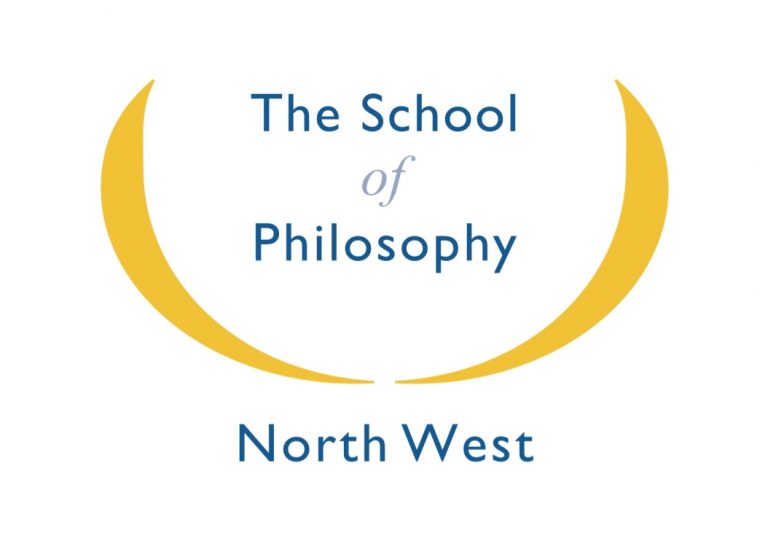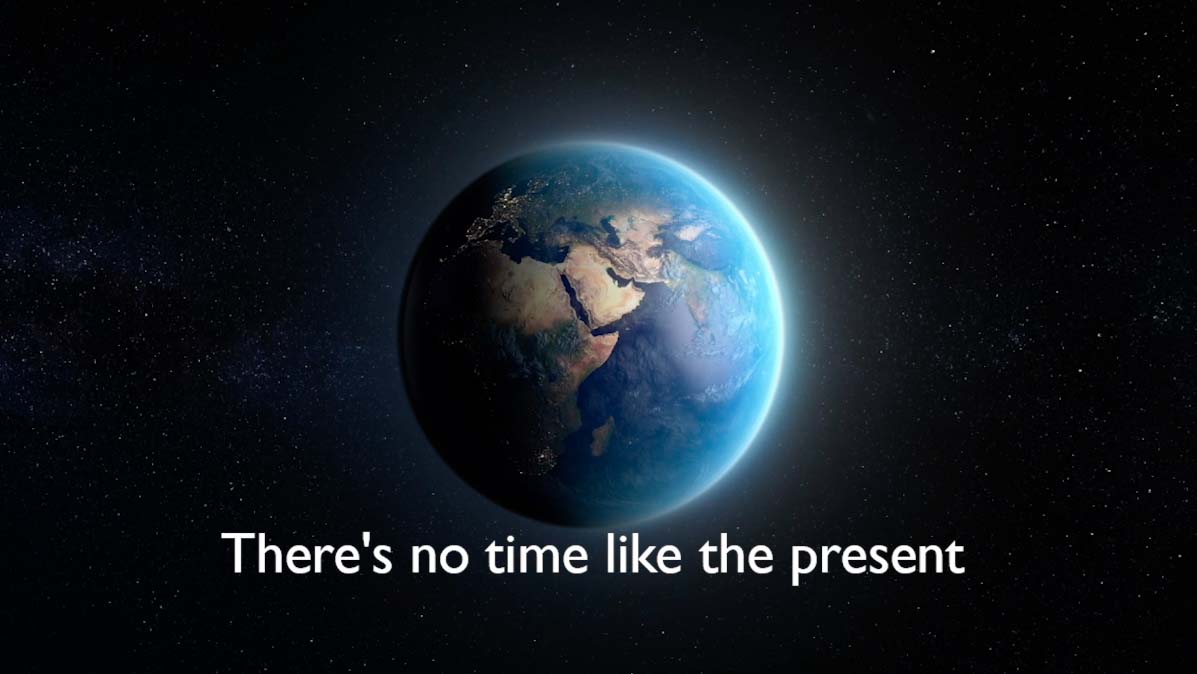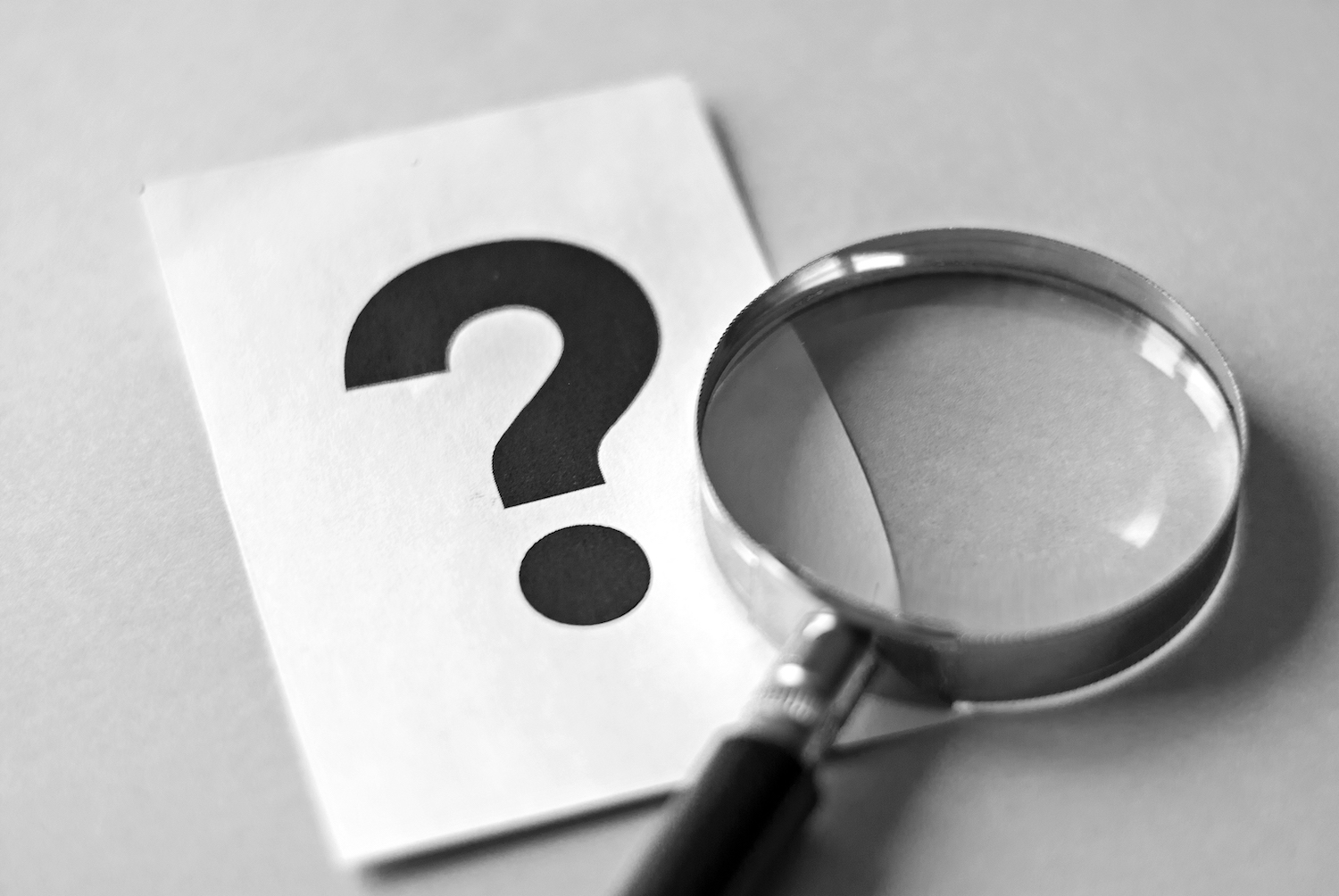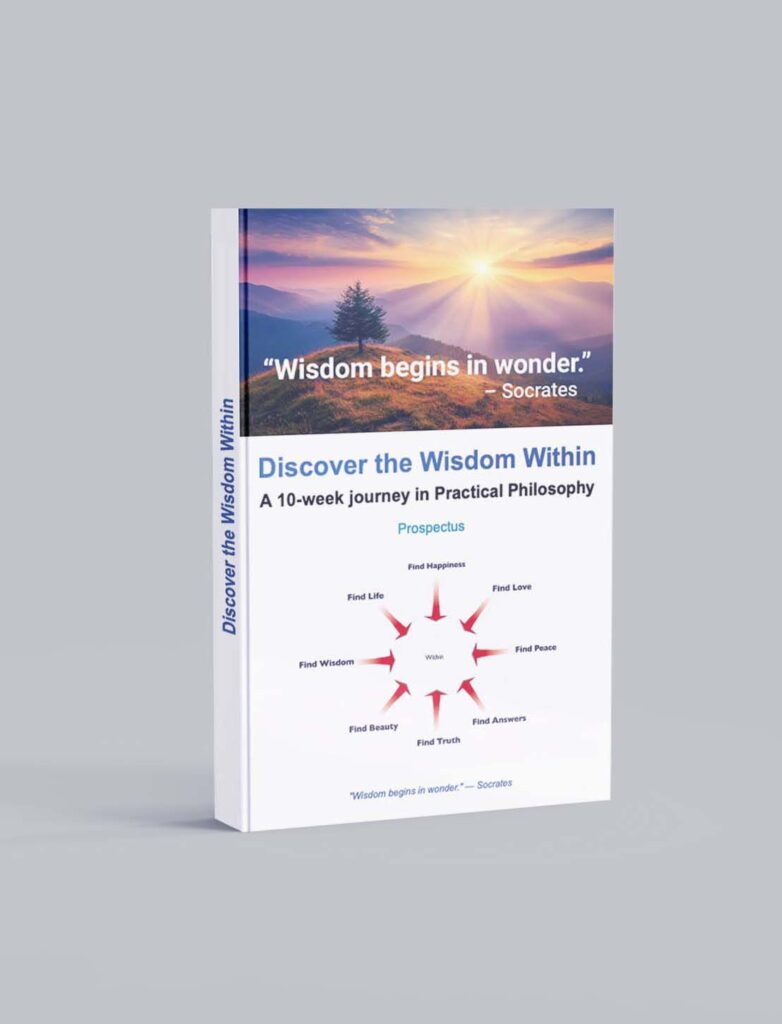Explore Life To The Full…
The Chorley, Wirral and Stockport courses offer a practical means to discover fully who we are, understand how to relate to the world we live in and see what gets in the way of being happy, peaceful and free.
Students are invited to see life as a place to test the words of the wise through practical and mindful exercises including the traditional system of mantra-based meditation.
The Journey
10 weekly sessions
The ten weekly sessions explore central human questions through discussion, practical observation, conversation and reflection in good company.
How it works
A tutor proposes philosophical ideas, and hosts a discussion based on what arises in the group. Being practical rather than academic, the emphasis is on personal knowledge and experience. Students are encouraged neither to accept nor reject the ideas put forward, but to test them in practice for themselves, in the light of their own direct experience.







